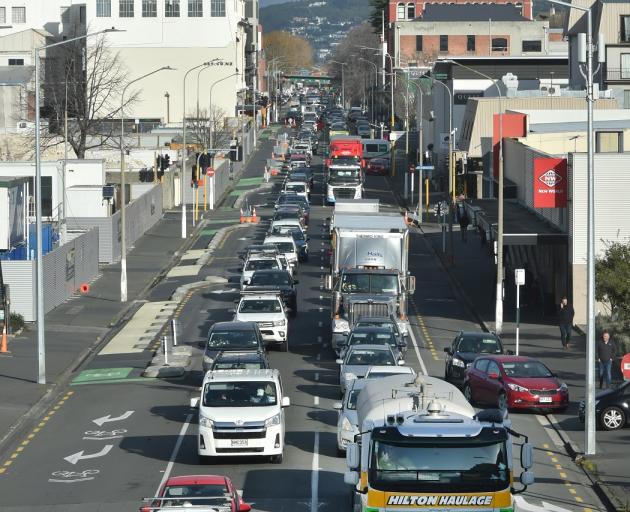
The areas most affected are transport and urban form, at least until funding for the council’s 2025-34 long-term plan is worked out.
A plan for making Dunedin a zero-carbon city by 2030, other than for biogenic methane, was approved by the council last year.
However, a report to be considered by the council tomorrow said the plan was developed when central government was providing significant financial support for climate adaptation and response, particularly in the transport sector.
A change in government priorities since the general election meant much of the funding was no longer available.
This led to an implementation plan for 2024-25 which included only "actions that can be progressed with existing resources and reflects the context of current government policy", the report said.
Future years’ implementation plans would be determined through the 2025-34 nine-year plan process.
The report commented the transport sector was the second-highest emitting sector in Dunedin after agriculture, and marked shifts from a business-as-usual approach would be required by 2030 to achieve targets.
Indicative actions presented to the council in September last year "therefore had a strong emphasis on projects that would support increased walking, cycling and use of public transport, as well as electrification of the vehicle fleet".
Availability of funding had "delayed, deferred or stopped a number of these actions".
Most of the action points in 2024-25 were ongoing from the previous year, the report said.
This was either because they required several years to complete or because they were considered business-as-usual changes that would be enduring.
"Future actions that require additional resourcing will be subject to annual approved budgets."
The council is also due to consider tomorrow the terms of reference for a zero-carbon plan advisory panel.
It is proposed it will review monitoring and reporting on plan implementation and progress in meeting targets.











